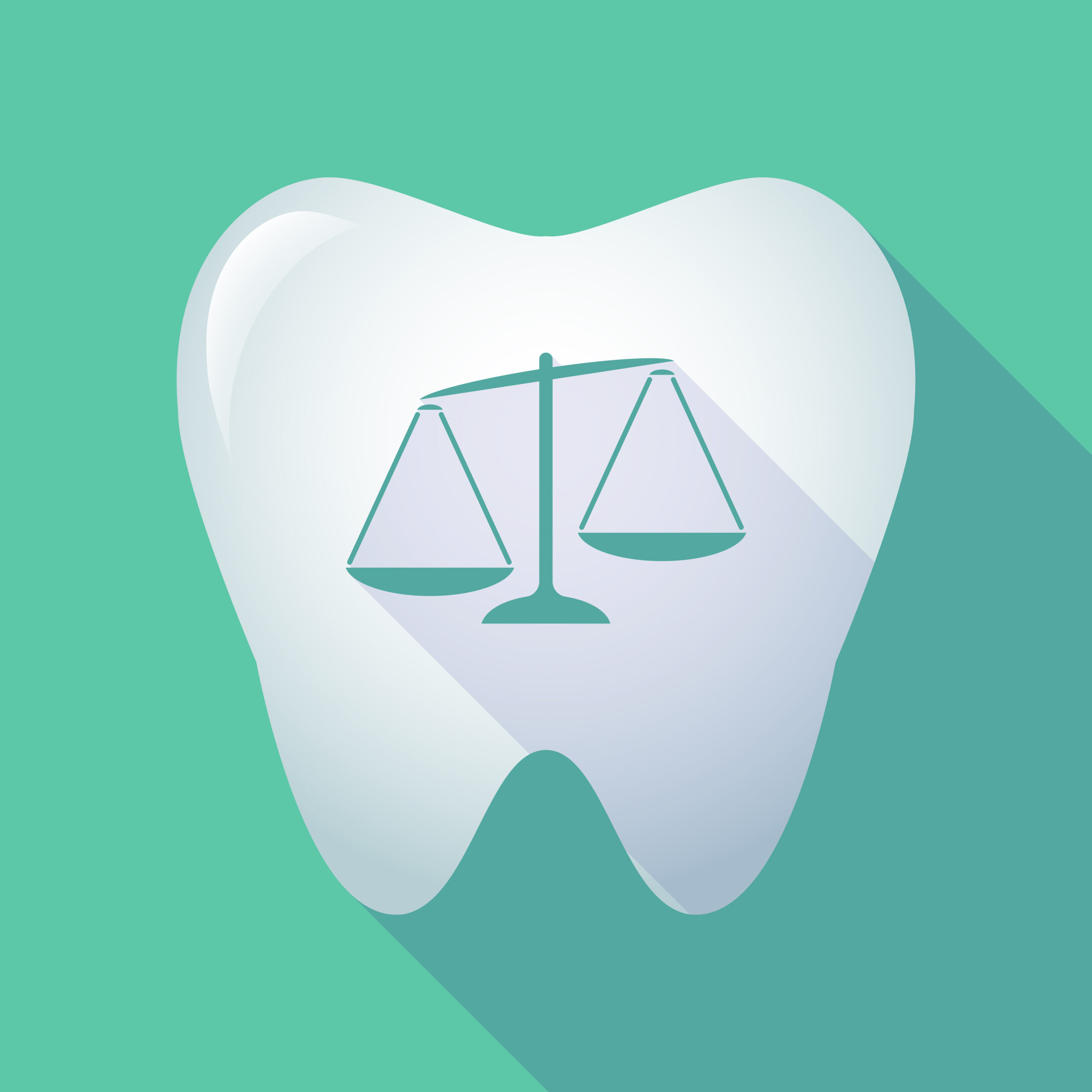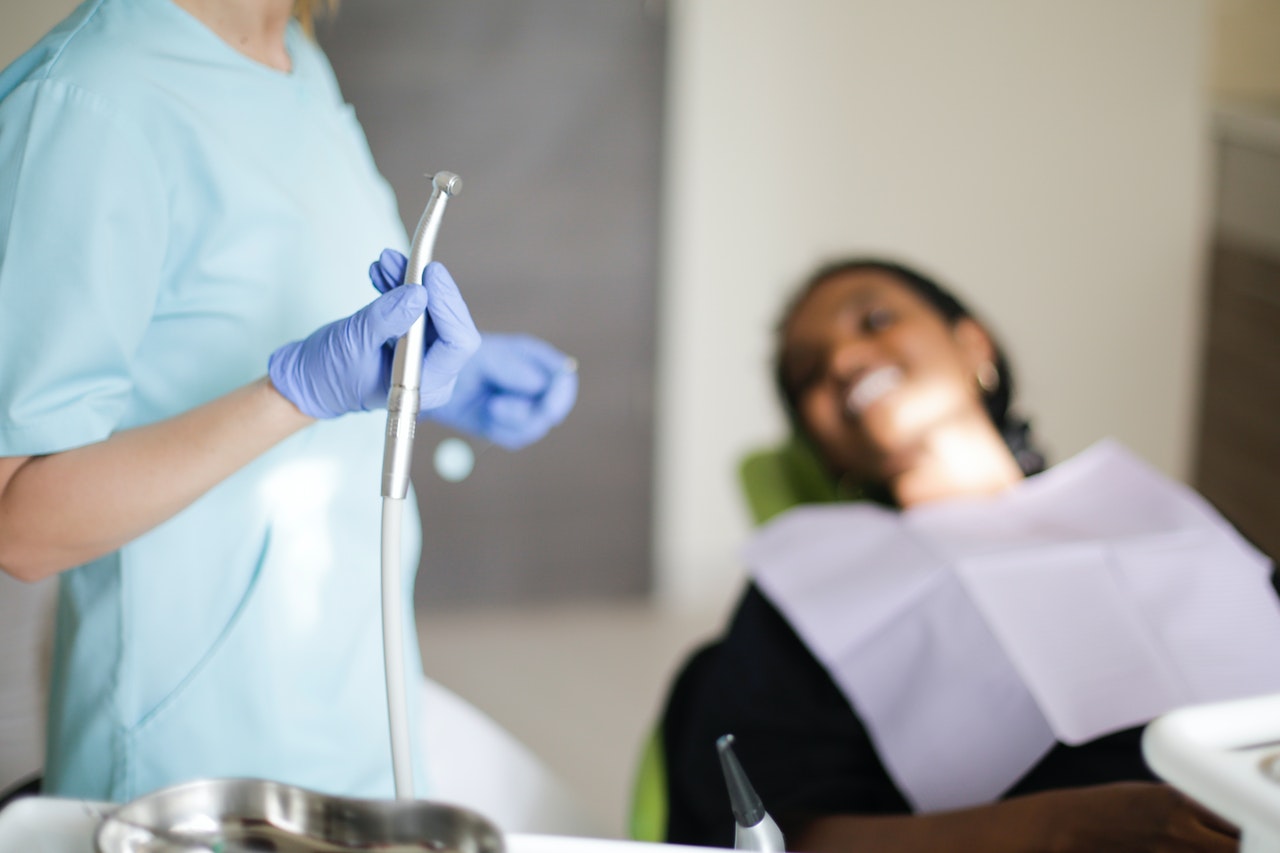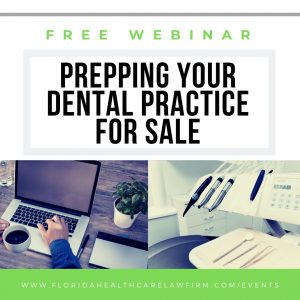Dental malpractice laws in Florida regulate the professional conduct of dentists and help to ensure that patients receive proper care. The statutes regarding malpractice law for the dental profession evolve regularly, often in response to issues that come up in the courts.
For this reason, it is important to keep up with what constitutes malpractice in the state of Florida as long as you are a dental professional.
Florida Dental Malpractice Law
Dental malpractice occurs when a dentist fails to provide care that meets the standard of care in the industry and causes injury or harm to a patient.
Remember that a case can be brought by a patient because they believe the care received did not meet the standard of care for the industry, but that doesn’t make it true unless their definition of “standard of care” matches the state’s definition, and they have proof of their allegations. This means that hundreds of dental professionals get served with meritless cases every year in Florida.
Dental Malpractice Suit Requirements in Florida
There are some rules that those who file malpractice claims in Florida must follow, and one of them is a statute of limitations. In most cases, patients have two years from the date of perceived injury to file a dental malpractice lawsuit, though in some cases, the statute of limitations may be extended to four years from the date of discovery of the injury if that occurred long after the date of service.
In order to bring a successful dental malpractice lawsuit in Florida, the patient must have the testimony of a qualified dental expert witness who can attest to the standard of care and whether the dentist failed to meet that standard. This is a critical piece of the puzzle. For many dentists who have been wrongly accused, providing information that contradicts the expert witness is crucial.
Dental Malpractice Damages
Should the patient win a dental malpractice lawsuit in Florida, they may be awarded damages, which usually includes the cost paid for dental expenses, lost wages, and potentially pain and suffering.
There are caps on the amount of damages that can be awarded in dental malpractice cases in Florida. The cap will vary based on the following:
- Type of damages (such as non-economic versus permanent injury or death)
- Number of plaintiffs
- Current law in Florida
Before a Dental Malpractice Case Goes to Court in Florida
It’s important to note that before a malpractice claim can go to court, the patient must provide written notice of the claim to the dental professional and give them time to investigate what happened and respond, potentially keeping it out of court.
If the claim cannot be settled out of court, it must be reviewed by a medical panel for merit. Only then can it go before a court.
If you are facing a malpractice claim, contact Florida Healthcare Law Firm to get the support you need to address the issue proactively.



 By:
By: 
 By:
By: 
 By:
By: 
 Florida Healthcare Law Firm is offering advisement by way of
Florida Healthcare Law Firm is offering advisement by way of  By:
By: 